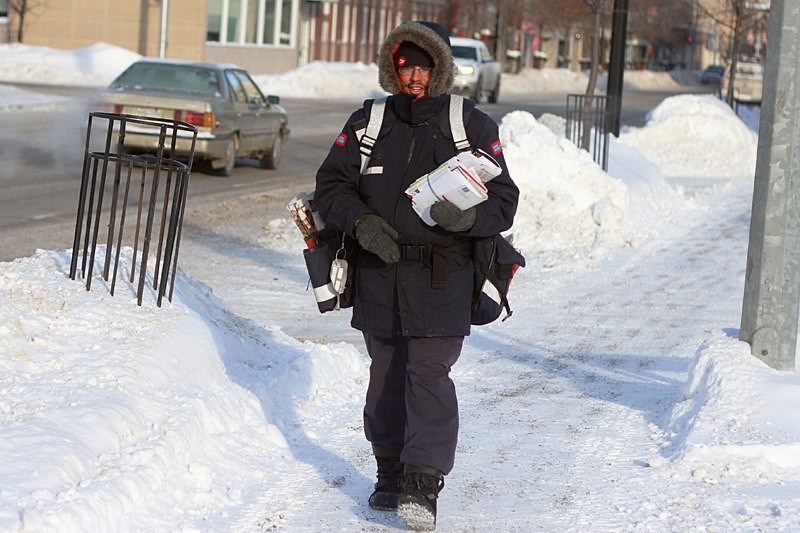It’s official -- this December has been really, really cold.
According to Environment Canada meteorologist Geoff Coulson, the frigid temperatures that hit this area Monday morning are of historic proportions.
“It does look like we are going to potentially be seeing some single day records being broken,” Coulson said. “In fact, this morning we got down to a low of - 35.8C and that did beat the prior record for Dec. 30 set back in 1982.”
This most recent cold snap is expected to plunge the region into nighttime lows below -30C for most of the week. While it isn’t the coldest December on record for Thunder Bay, it certainly has been colder than average.
The average temperature for the first 29 days of the month was - 16.1C, which comes in at more than four degrees colder than the month’s average of - 11.6C.
With a couple of days remaining, this year’s total average may come close to approaching the record low of - 17.9C that was achieved in 1989.
This December has also featured more than its usual amount of precipitation.
The city has had 73.4 centimetres of snow dumped on it to date, with no new snowfalls expected through the end of the week. That’s significantly more than the typical December average of 44.1 centimetres.
Coulson says it is possible for the cold to set more benchmarks throughout the rest of the week, with the New Year bringing forecasted low temperatures of -36 C on Wednesday followed by -35 C on Thursday.
“It does look like the bitterly cold Arctic air mass that is over not only Northwestern Ontario but all of Ontario and the prairies will be with us until at least the end of the week,” Coulson said.
All this has led the Thunder Bay and District Health Unit to issue a special advisory, which cautions residents to take extra precautions, such as keeping skin covered, to avoid frostbite and hypothermia.
Skin can freeze in as little as five minutes when exposed to windchill at -40 C.
